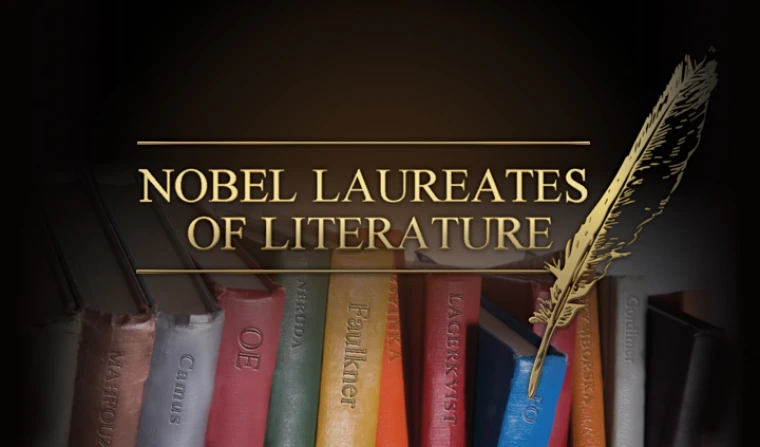This is multi-session seminar and must be taken as a series.
Clearly, Nobel laureates have made major creative contributions to world literature and to international reception of emerging nations’ literary arts. This course will expose students to movements in 20th-century world literature by reading Nobel laureates. Global modernism, as shown by influences shared among these laureates, combines Western and non-Western styles, traditions, and modes of expression. This class will emphasize the relationship of modern world literature to traditional arts, performance, and ritual.
Formal categories and genres will be approached in terms of their relationship to cultural issues and ethnic history. Students will discover how poetry, fiction, and drama reflect prevailing social forces and national histories. Showing the interdependence of cultural rituals, folklore traditions, mythic beliefs, and culturally based aesthetics will enable students to employ new formal categories and vocabularies. Deledda’s reliance upon rural folk religious traditions will be compared with the mystical elements of Neruda’s poetry and with the tribal ceremonies in Soyinka’s ritualistic plays, thus providing students with an understanding of both individual and universal cultural experiences.
The course concludes with a work by the latest laureate, who is announced in early October. The students and the instructor will read that new work together and utilize critical techniques and apply cultural analyses developed during the semester.
Cost: $195


